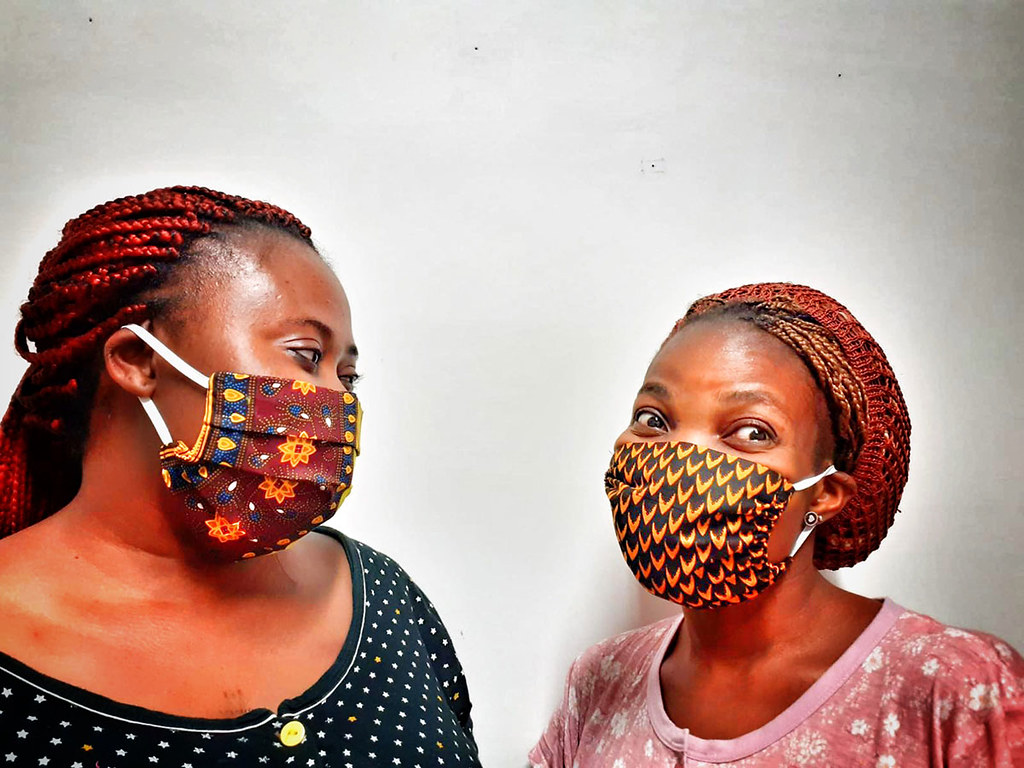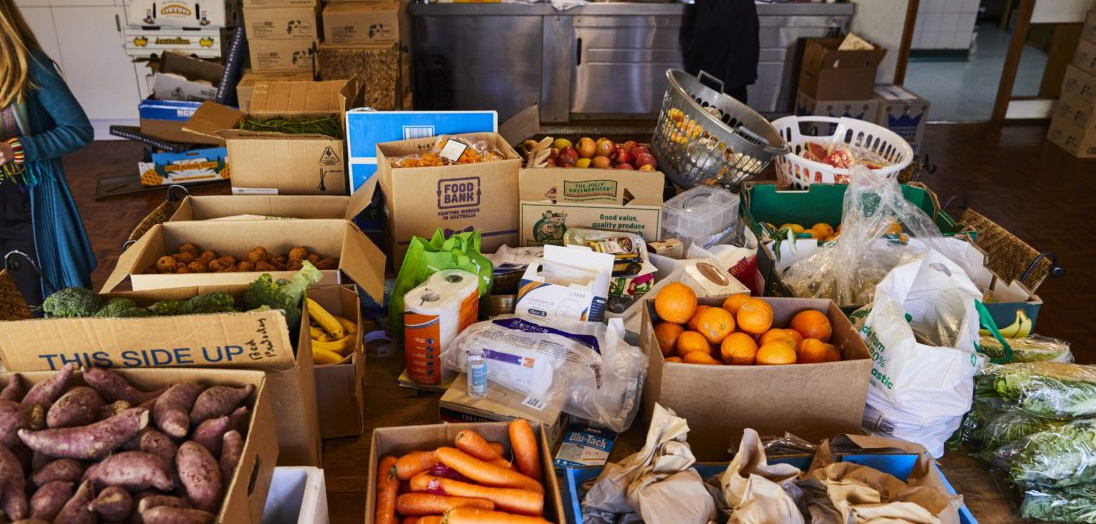16 Days of Activism to Against Gender-Based Violence
25 November 2021

JRS Australia joins many people in Australia and elsewhere to mark the 30th year of the 16 Days of Activism Against Gender-Based Violence.
This global campaign commences on the International day for the Elimination of Violence Against Women (25 November 2021), and culminates on World Human Rights Day (10 December 2021), highlighting sexual and gender-based violence (SGBV) as a grave human rights violation.
The UN Declaration on the Elimination of Violence against Women (1993) defines violence against women as ‘any act of gender-based violence that results in, or is likely to result in, physical, sexual or psychological harm or suffering to women, including threats of such acts, coercion or arbitrary deprivation of liberty, whether occurring in public or in private life’.
Figures released by UN Women earlier this year reveal the devastating prevalence of violence against women today. According to the figures, 1 in 3 women, around 736 million, are subjected to physical or sexual violence by an intimate partner or sexual violence from a non-partner. Many more women are subjected to physical, psychological, financial, and sexual abuse.
The Australian Bureau of Statistics (2017) estimates that 1 in 3 women in Australia have experienced physical abuse since the age of 15. Research also shows that at least 1 in 5 women have experienced sexual violence since the age of 15. The Australian Human Rights Commision (2018) finds that 85% of women 15 years and older have been sexually harassed at some point in their lives.
SGBV occurs across all societies, cultures, and communities, regardless of access to education or socio-economic status.
Research has shown that violence against women is more likely to be the outcome in societies where social norms, practices and structures value women less, and give men more access to power, decision-making and dominance at home, in the workplace and wider society.
The Blueprint for Reform: Removing Barriers to Safety for Victims/Survivors of Domestic and Family Violence on Temporary Visas and JRS Australia’s own previous research and submissions highlight the unique, additional challenges that these women face.
JRS Australia is strongly committed to the elimination of violence against women and girls, and addressing its drivers, with a particular focus on women on temporary visas in Australia.
Today we launch our ‘Take A Stand’ online campaign which aims to raise awareness about the ways we can all play a part in our lives to address the drivers of violence against women. We can do this by making our world, our community a more equitable, safe place for women and girls; by increasing the opportunity for women and girls to participate in education, employment, leadership and decision making and by improving access to financial freedom and independence for all women. When we do this, we create a world where violence against women is not only unacceptable, it will be far less likely to occur.
Over the next 16 days, JRS Australia will be shining a spotlight on the ways we can all address these drivers of violence. We will be sharing experiences of community members, experts, and perspectives from JRS Australia staff. We invite you to follow our Facebook and Twitter accounts to keep up to date with the campaign.
The foundation for our participation in this campaign is the JRS Australia Finding Safety Project. By way of background, the Finding Safety Project is an innovative project that aims to address these drivers of violence and their unique impacts on the lives of women seeking asylum/on-temporary visas in Australia. This project provides women experiencing violence or at risk of experiencing violence with the tools and supports to empower themselves and their communities. We do this by offering a range of services from skills development and leadership workshops to psycho-social support groups and community-building events.
We also provide women experiencing violence with specialist, strengths-based casework, assisting women to take the lead in creating safe environments for themselves and their children. This is often the first time that these women have exercised agency and self-determination, an important ingredient in effectively preventing further violence.
Further resources:
Our Watch: Change the Story Summary
Cumberland Domestic and Family Violence Action Plan and Education Kit


